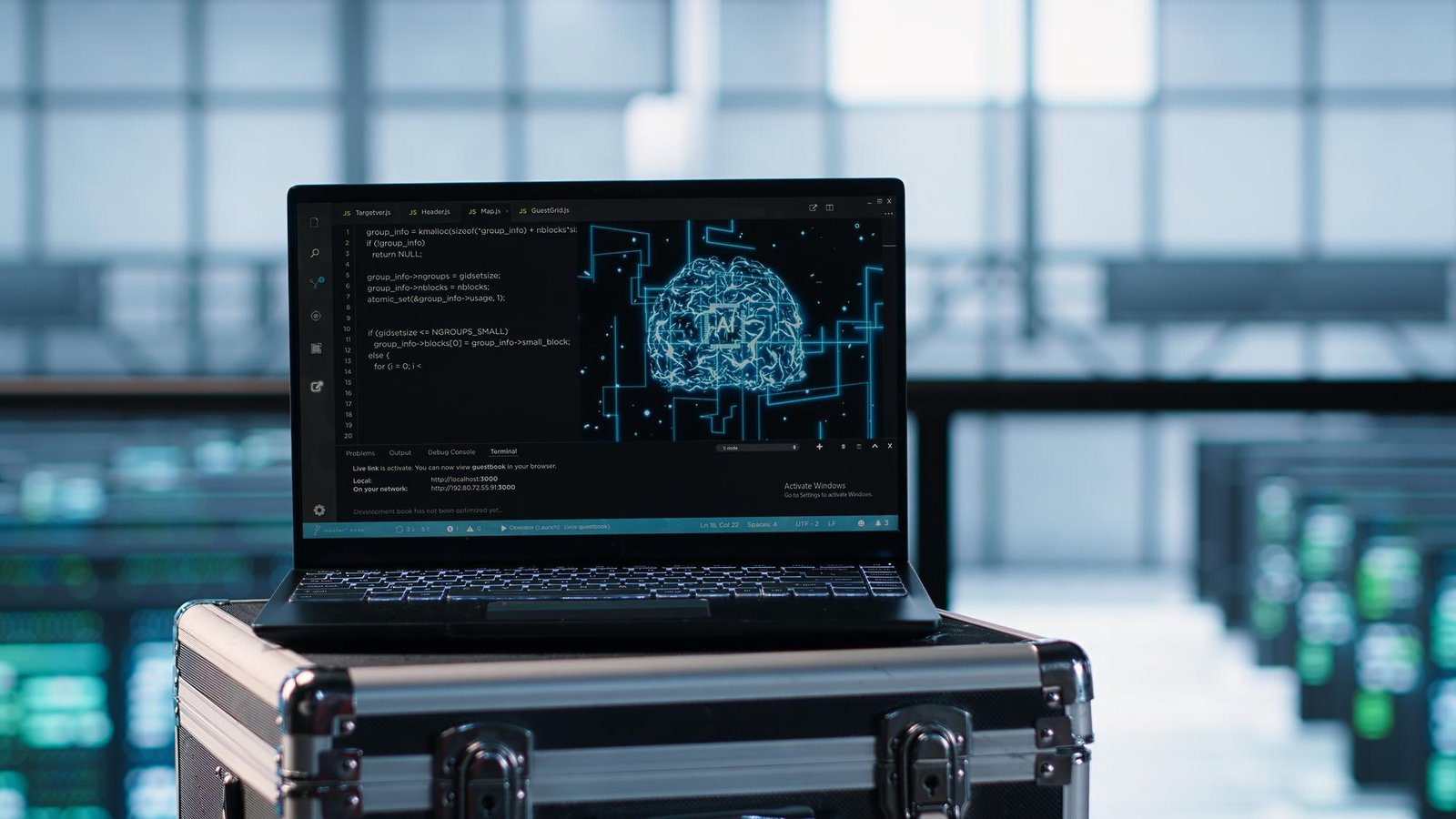
We are knee-deep in the rapidly changing space of AI and artificial intelligence law. Now developers and startups, as well as companies across industries have resorted to AI-powered software, creative technology, and VR systems to expose them to relatively new legal and regulatory requirements. The article below explains what our full-spectrum team of compliance lawyers and practicing attorneys does in providing comprehensive AI legal support and regulatory advisory so that there can be established a minimum level of trust and safety for your innovation.
Increasing Need for AI Legal Support
It’s no longer just a concept; AI business law support is now a very practical requirement. Organizations in the activity of creating AI models or tools for natural language generation and immersive virtual environments must consider:
- • Liability for incorrect and/or biased outputs
- • Data protection and GDPR compliance
- • Licensing of third-party models or datasets
- • Consumer and privacy issues related to automated decisions
We guide our customers on the development, deployment, and operational stages of AI. While the creation of a strategy should aim at managing and mitigating risks, it should also include ensuring that innovation is not left behind.
Regulatory Advisory and Compliance Mapping
AI systems, more often than otherwise, transcend classical legal silos: privacy, product safety, consumer protection, antidiscrimination, intellectual property, and law of obligations. In this regard, we assist with the mapping of:
- EU AI Act draft rules and national-level works in progress
- Laws on consumer rights pertinent to transparency of algorithmic decisions
- Regulations of GDPR obligations towards profiling and automated decision-making
- Virtual or immersive data registration regimes
We have been making sense of all the changes occurring in the policy environment and translating them into the recommended steps to monitor early-phase compliance integration in teams.
Policy Drafting: Privacy Policy, Terms, and AI Disclosures
For AI tools aimed at consumers, it will be necessary to provide an explanation of how a decision was reached or what data was collected. The following have been developed to be legally enforceable:
- Privacy Policy and cookie policies
- End-user terms with AI explainability clauses
- Bias or limitation disclosures for generative systems
- Data subject rights procedures under the GDPR
Such documents will reduce legal exposure, help to stay transparent with customers, and certainly foster trust.
3. Technology and Software Practices Audit
To conduct an audit of your AI systems, it will take a combination of legal and technical information. We will work closely with their technology team to:
- Review datasets for potential bias or privacy issues
- Audit log the generated outputs for review
- Human oversight in automated processes documented
- Acquire proper licensing on third-party AI generation code or models
The appropriate mix of legal and technical scrutiny will uphold accountability without stifling innovation.
4. Protocols for Risk Mitigation and Incident Response
The shortfall of artificial intelligence often takes unforeseen paths. We help to:
Create operational risk escalation protocols for AI
Formulate breach response plans to cover AI incidents such as “defamation,” personal injury claims or exposure to personal data
Draft indemnities, disclaimers, liability frameworks
Insurance placement for technology and professional liability
This is how clients manage to feel secure even when something goes wrong with AI-generated content or autonomous systems.
Key Areas of Focus: Where We Offer Strategic Counsel
AI-created content platforms: Working by defending defamation law, IP risk, and user-generated content policies.
- Automated Decision-making Systems: For HR tools, risk scoring systems or regulated use cases, we provide audit trails, fairness testing and consent design.
- Virtual Reality and Other Immersive Tech: We deliver support for personal data in immersive environments, consent management, and safety disclaimers, just as we do for cross-border deployment with regard to the EU, UK, or US compliance frameworks down to local consumer rights.
- It is in these spaces that our legal consulting services exist in bridging technology, regulation, and strategic business goals.
The Need for Legal Profession in AI
AI is powerful, it’s complex. A single miss in compliance, data security, or transparency might invite heavy fines or even questions related to reputation through litigation. Let us now focus on:
- Practical experience in litigation, audits, or investigations focused on AI
- Technical literacy and working with engineers in the crafting of defensible solutions
- Strategic mindset toward reconciling innovation with legal boundaries
- Regulatory foresight in advising on laws currently in the process of being made covering AI
Our advice is directed to the community of developers in AIs, start-ups, and enterprises enabling them to act with legal clarity in making trusted decisions.
Final Thoughts
Innovation in Artificial Intelligence moves at a breakneck speed. It demands an equally zealous legal readiness. We provide hands-on support to sketch lines with your technology roadmap, from developing a customized Privacy Policy that obeys GDPR to being directly involved in regulatory advice on building an AI risk strategy.
Feel free to contact us if you want to know more or discuss what our in-house qualified attorneys and compliance attorneys can bring to the table to further safeguard and empower your AI or software initiative. The company is open to consultation, offering a complete legal framework around your innovation and full legal support in AI business law where guidance is currently required or may be required in the future.







